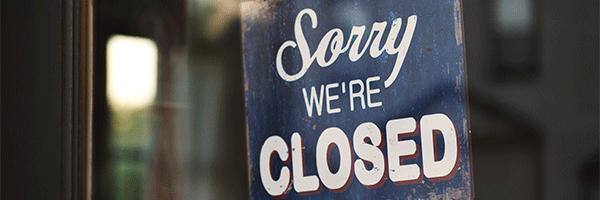Yesterday, I argued that the barrage of cautionary comments from Federal Reserve officials seemed designed to talk stock prices lower and to push Congress toward a new bigger coronavirus rescue package. (Why might the Fed want to slow the current rally? The only reason that I can think of is that the Fed doesn’t trust the rally and wants to avoid having to pick up the pieces if there’s a sudden reversal.)
Today it was Fed chair Jerome Powell’s turn to wield the rhetorical hammer. In a virtual presentation at the Peterson Institute for International Economics, Powell argued that the United States is facing an economic hit “without modern precedent,” one that could permanently damage the economy if Congress does not provide sufficient policy support to prevent a wave of bankruptcies and prolonged joblessness.
The Fed chair praised Congress for moving quickly to provide aid for a virus-struck economy but warned that more fiscal stimulus of the sort that the Fed can’t supply is necessary. “Additional fiscal support could be costly, but worth it if it helps avoid long-term economic damage and leaves us with a stronger recovery.”
Almost 40% of people working in February and that are members of households making less than $40,000 had lost their jobs in March, he said.
“The scope and speed of this downturn are without modern precedent, significantly worse than any recession since World War II,” Powell said, noting that “the job gains of the past decade have been erased.”
If the current recession becomes drawn out, it will produce “lasting damage” to the economy’s productive capacity and “avoidable” household and business insolvencies that weigh on growth for years to come.
“We ought to do what we can to avoid these outcomes, and that may require additional policy measures,” he said.
And just by the way, Powell said that the Fed wasn’t even considering moving interest rates into negative territory.


